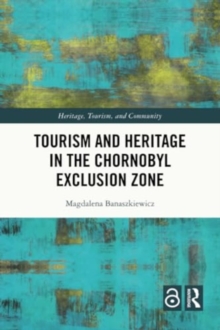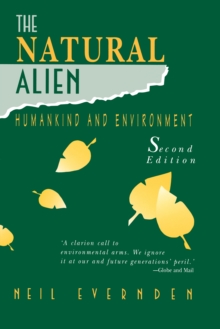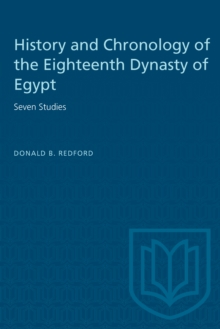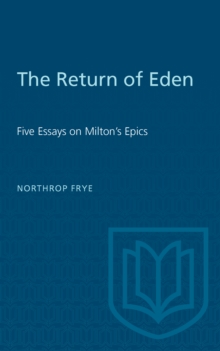
Writing in the Father's House : The Emergence of the Feminine in the Quebec Literary Tradition PDF
by Patricia Smart
Part of the Heritage series
Description
Those who follow current trends in Canadian literature are aware that many of its most exciting and challenging new formats are coming from women writers of Quebec. Patricia Smart studies the historical roots of this development in her study of gender differences in Quebec literature. She offers a feminist perspective on 100 years of writing by both women and men, and argues that it is the women who have modified or subverted the traditions. This new work is her own translation of her study that won the 1988 Governor General's Award for Non-Fiction, Ecrire dans la maison du pere: L'emergence du feminin dans la tradition litteraire du Quebec.
Smart begins with a feminist reading of Laure Conan's Angéline de Montbrun, the only major novel written by a woman in nineteenth-century Quebec, and moves on to close readings of other classic works, from the novel of the land to postmodern and feminist works of the present era.
The Quebec literary tradition is not only 'his story' of the national dilemma. There is another telling, Smart concludes, in a different voice, from a different perspective, by women writers and by female characters in the works by men. Smart proposes a radically new interpretation of Quebec literature, one that includes that voice, that other perspective. For when they are listened to on their own terms, and not according to criteria based on men's writing practices, the voices of women writers and characters point to a way out of the female tradition of alienation and violence and to the possibility of a habitable future.
Information
-
Download - Immediately Available
- Format:PDF
- Pages:316 pages
- Publisher:University of Toronto Press
- Publication Date:15/12/1991
- Category:
- ISBN:9781487584689
Other Formats
- Hardback from £23.25
- Paperback from £12.15
Information
-
Download - Immediately Available
- Format:PDF
- Pages:316 pages
- Publisher:University of Toronto Press
- Publication Date:15/12/1991
- Category:
- ISBN:9781487584689










